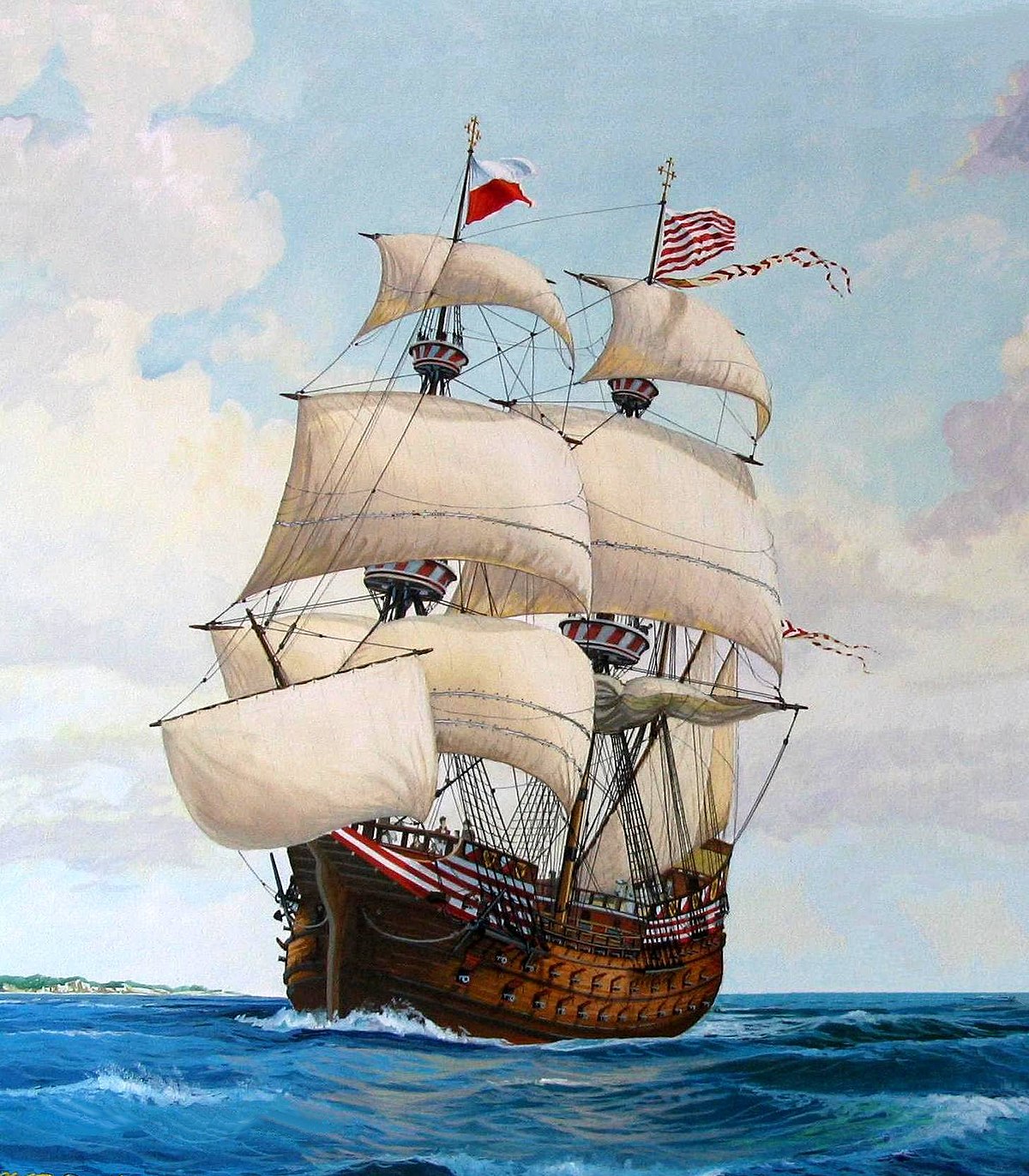
Hanseatic League
Lübeck, GermanyThe Hanseatic League was a medieval commercial and defensive confederation of merchant guilds and market towns in Central and Northern Europe. Growing from a few North German towns in the late 12th century, the League ultimately encompassed nearly 200 settlements across seven modern-day countries; at its height between the 13th and 15th centuries, it stretched from the Netherlands in the west to Russia in the east, and from Estonia in the north to Kraków, Poland in the south.
The League originated from various loose associations of German traders and towns formed to advance mutual commercial interests, such as protection against piracy and banditry. These arrangements gradually coalesced into the Hanseatic League, whose traders enjoyed duty-free treatment, protection, and diplomatic privileges in affiliated communities and their trade routes. Hanseatic Cities gradually developed a common legal system governing their merchants and goods, even operating their own armies for mutual defense and aid. Reduced barriers to trade resulted in mutual prosperity, which fostered economic interdependence, kinship ties between merchant families, and deeper political integration; these factors solidified the League into a cohesive political organization by the end of the 13th century.
During the peak of its power, the Hanseatic League had a virtual monopoly over maritime trade in the North and Baltic seas. Its commercial reach extended as far as the Kingdom of Portugal to the west, the Kingdom of England to the north, the Republic of Novgorod to the east, and the Republic of Venice to the south, with trading posts, factories, and mercantile "branches" established in numerous towns and cities across Europe. Hanseatic merchants were widely renowned for their access to a variety of commodities and manufactured goods, subsequently gaining privileges and protections abroad, including extraterritorial districts in foreign realms that operated almost exclusively under Hanseatic law. This collective economic influence made the League a powerful force, capable of imposing blockades and even waging war against kingdoms and principalities.
